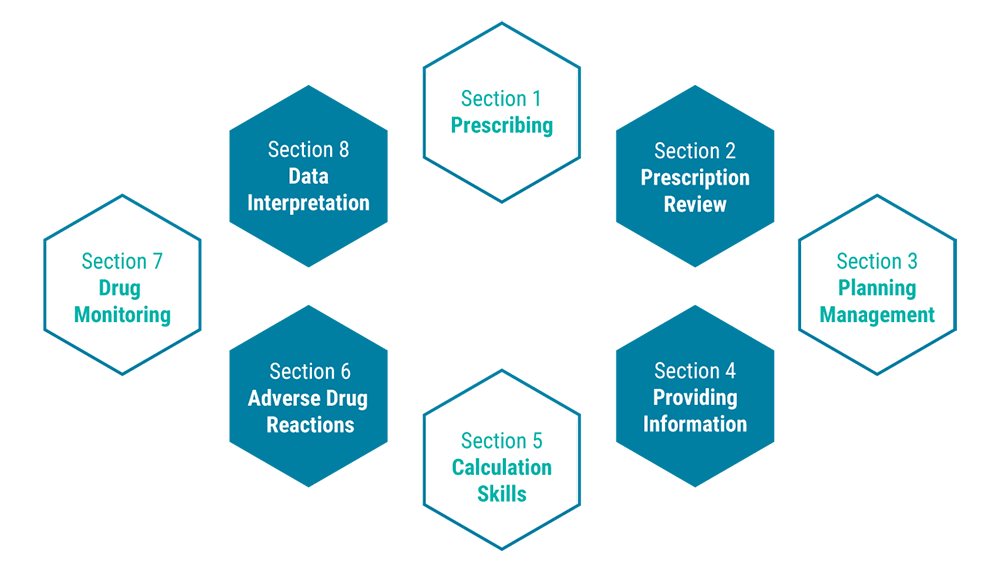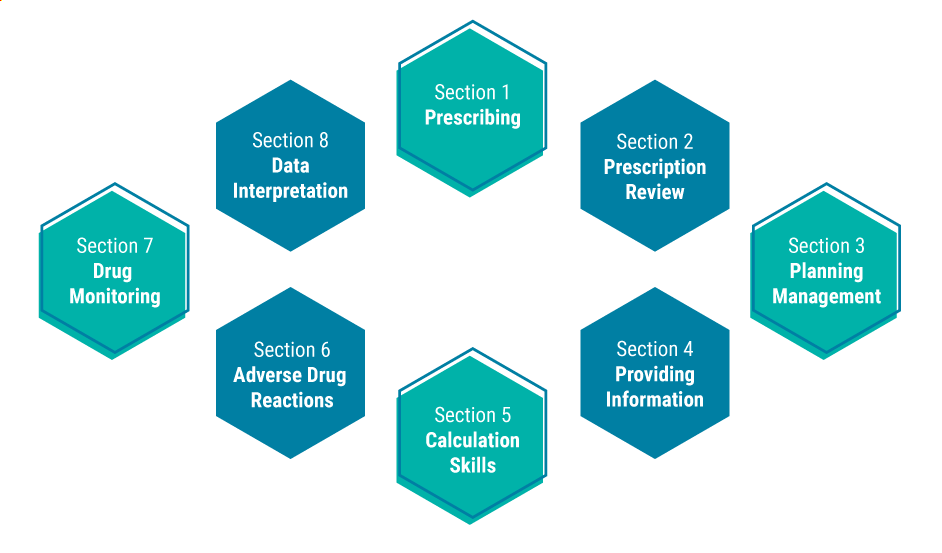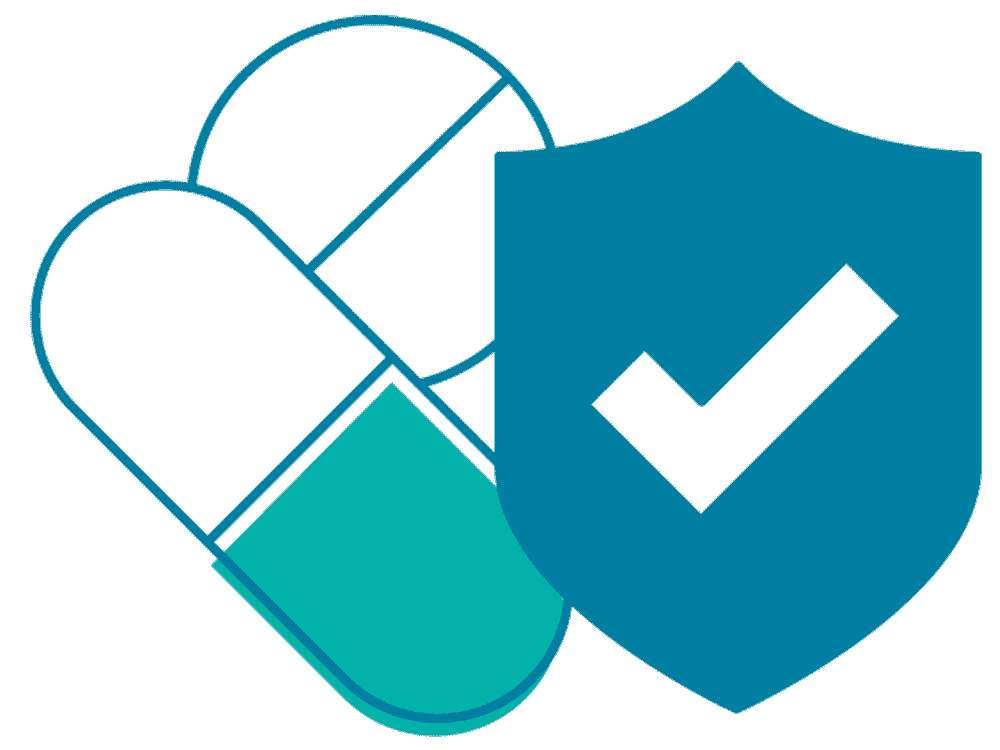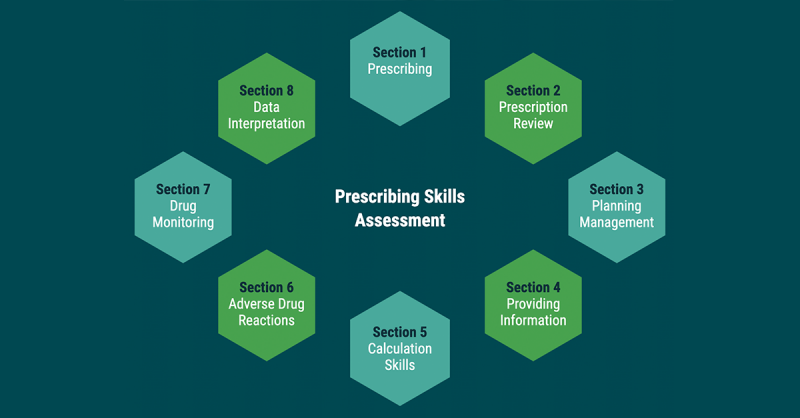In today’s complex healthcare environment, the ability to prescribe safely and effectively is a critical skill for medical professionals. As healthcare continues to evolve, the need for rigorous training and assessment in prescribing has never been more important. In this blog, we take a look at the Prescribing Skills Assessment and how this important learning tool is supporting the development of these vital skills.
The Importance of Prescribing Skills
Prescribing is more than just selecting the correct medication; it involves a deep understanding of pharmacology, patient-specific factors, potential drug interactions, and ongoing monitoring. Errors in prescribing can lead to significant patient harm, making it crucial that healthcare professionals are well-trained and confident in their prescribing abilities.
We at BPS Assessment, recognise this need and have developed the Prescribing Skills Assessment to ensure that medical students and healthcare professionals from outside of the UK medical training programme, are thoroughly prepared to take on the responsibilities of prescribing.
What is the Prescribing Skills Assessment?
The Prescribing Skills Assessment is a comprehensive tool designed to evaluate the prescribing competence of healthcare professionals and trainee doctors. Unlike the UK’s national Prescribing Safety Assessment (known as PSA), which is a mandatory exam for final-year medical students and foundation doctors, the Prescribing Skills Assessment is a flexible tool that can be tailored to meet the specific needs of different institutions and learners.
The Prescribing Skills Assessment, while structured similarly to the UK PSA, is used as a formative learning tool to drive the development of prescribing competencies through realistic clinical scenarios. It covers essential areas such as:
- Drug selection and dose calculation: Ensuring the right medication and dosage is prescribed for each patient based on their current health and medication.
- Monitoring and reviewing therapy: Understanding how to follow up on a prescription, assess its effectiveness, and make necessary adjustments.
- Avoiding prescribing errors: Recognising potential pitfalls, such as drug interactions or contraindications, and taking steps to avoid them.
How the PSA Supports Learning and Development
One of the key strengths of the Prescribing Skills Assessment is its focus on practical, real-world application. The assessment is designed to reflect the kinds of situations that healthcare professionals encounter in their daily practice, helping students and practitioners develop the confidence and competence they need to prescribe safely.
Tailored for Different Learning Environments
The flexibility of the Prescribing Skills Assessment makes it an ideal tool for various educational settings. It can be used by medical schools, nursing programmes, and other healthcare education institutions to assess and develop their students’ prescribing skills. Institutions can integrate the exam into their curricula, using it as a formative assessment tool to identify areas where students need further development.
Comprehensive Feedback
One of the standout features of the assessment is the detailed feedback it provides. After completing the assessment, candidates receive a breakdown of their performance in different areas of prescribing with further details on optimal and sub-optimal ways in which to treat the patient. This feedback is invaluable for guiding study and practice, helping learners to focus on their specific areas of weakness and improve their overall competence.
Supporting Continuous Improvement
For institutions, the Prescribing Skills Assessment is not just an assessment tool; it’s a resource for continuous improvement in teaching and learning. By analysing the results and feedback from their students or trainees, educators can identify trends, adjust their teaching methods, and ensure that their programs are effectively preparing students for the challenges of prescribing in clinical practice.
The Role of BPS Assessment in Enhancing Prescribing Skills
Our commitment to supporting prescribing education goes beyond the Prescribing Skills Assessment. We also provide a suite of resources and tools designed to complement the assessment and further develop prescribing skills.
eLearning Modules
We offer over 50 targeted eLearning modules that cover essential pharmacology and prescribing topics. These modules are designed to reinforce the knowledge required for effective prescribing and provide a solid foundation for the skills assessed in the Prescribing Skills Assessment.
Practice Papers and Practice Exams
To help students prepare for the Prescribing Skills Assessment, we provide practice papers and even simulated assessments. These resources allow learners to familiarise themselves with the format of the exam, practise their time management, and refine their decision-making skills in a controlled environment.
Prescribing is a critical skill that requires a combination of knowledge, experience, and sound clinical judgement. The Prescribing Skills Assessment is a vital tool in supporting the development of these skills. By offering a flexible, comprehensive, and practical assessment, along with a range of supporting resources, we can help institutions support their healthcare trainees to prescribe safely and effectively.
Whether you’re a student, educator, or healthcare professional, we offer a pathway to mastering the art and science of prescribing, ensuring that every prescription is a step towards better patient care. Get in touch today to find out how you can implement our prescribing resources in your institution. Email us at team@bpsassessment.com











